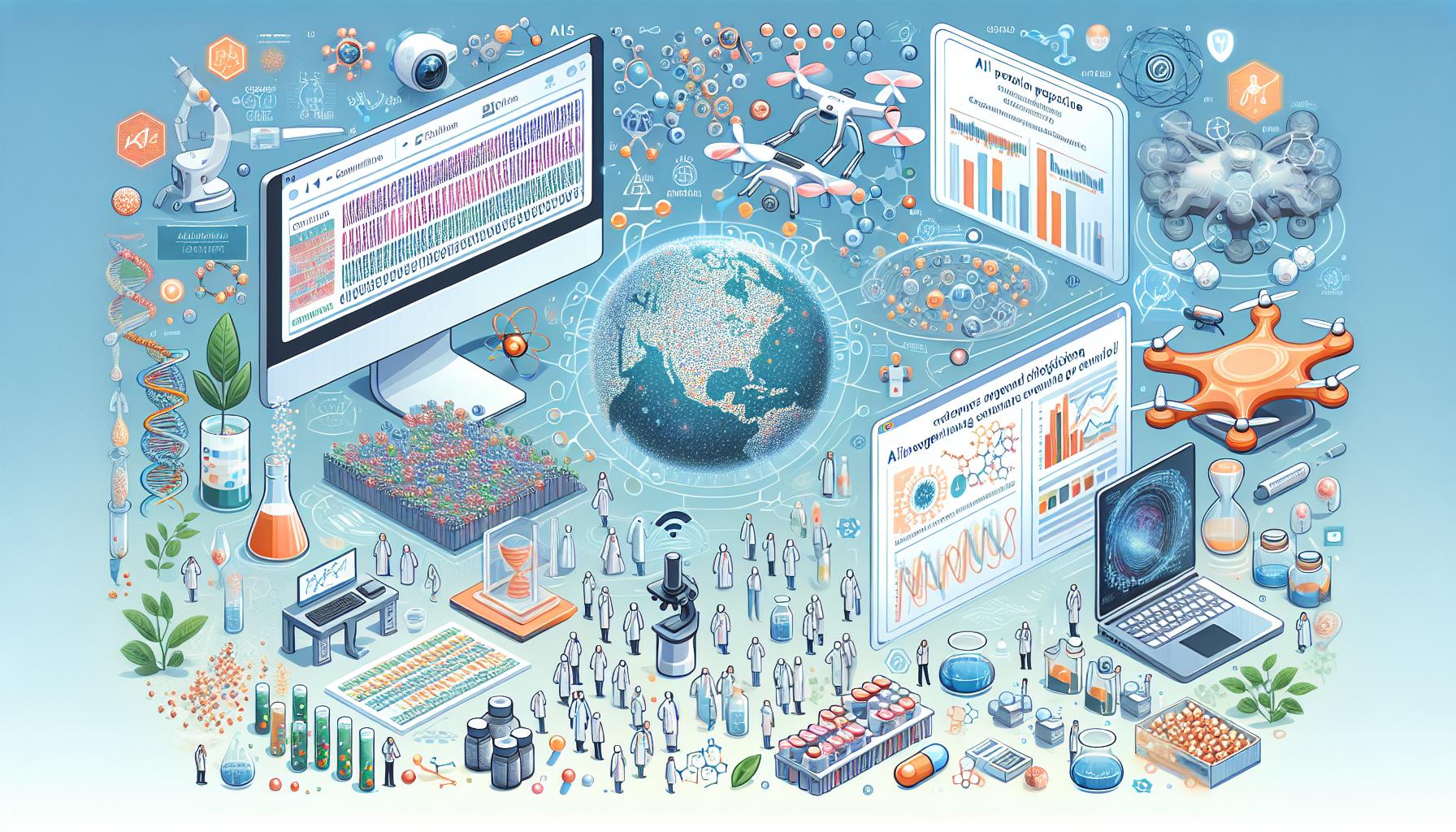Unveiling New Frontiers: Where Artificial Intelligence Could Be Used in Science and Discovery

Introduction
As we delve into the 21st century, Artificial Intelligence (AI) continues to redefine the frontiers of technology and innovation. Its integration into various scientific domains has not only revolutionized traditional methodologies but has also paved the way for unprecedented advancements in research and discovery. This article explores several cutting-edge applications of A.I. across different spheres of science, underscoring its pivotal role in transforming data analysis, enhancing pattern recognition, and facilitating a faster scientific breakthrough.
AI in Genomic Sequencing
In the intricate field of genomics, A.I. serves as a powerful tool to unravel complex biological data more swiftly and accurately than ever before. Techniques such as machine learning and deep learning enable researchers to analyze vast amounts of genomic sequences to identify mutations and genetic markers linked to diseases. This not only accelerates the pace at which genetic research is conducted but also enhances the accuracy of genetic testing and personalized medicine.
AI-Driven Drug Discovery
The pharmaceutical industry has witnessed a significant transformation with AI's incorporation into drug discovery. A.I. algorithms are used to predict the structure of small molecules and their interactions with biological organisms, vastly speeding up the drug development process. These innovations are crucial in expediting response times during critical health crises, such as the COVID-19 pandemic, where AI-driven platforms have played an instrumental role in developing therapeutics and vaccines at an unprecedented pace.
Environmental Monitoring and Sustainability
AI extends its benefits to environmental science, where it aids in monitoring ecosystems, predicting climatic changes, and assessing pollution levels. By analyzing satellite images and sensory data, A.I. provides precise predictions and real-time insights into environmental conditions, helping in the management of natural resources and guiding policy decisions for sustainability.
AI in Tackling Climate Change
The global urgency to address climate change has spurred numerous AI-driven research initiatives. AI's capability to process and model large datasets enables researchers to simulate and predict various climate scenarios at a granular level. Collaborative efforts between A.I. scientists and climate experts are setting the stage for more robust climate models that enhance our understanding of future impacts and inform global climate strategies.
Collaborative Projects and Pandemic Response
AI's role in fostering collaboration during global challenges, particularly in pandemic response, illustrates its importance beyond raw computational power. Through collaborations that span countries and continents, A.I. platforms integrate diverse data streams, allowing for real-time disease tracking, vaccine development, and deployment strategies that save lives and mitigate pandemic impacts.
Conclusion
The infusion of A.I. into science and discovery heralds a new era of accelerated innovation and enhanced human capacity to solve complex problems. As A.I. continues to evolve, its integration into scientific research promises not only to enhance existing processes but also to unlock new realms of what is possible in scientific inquiry and global problem-solving.




